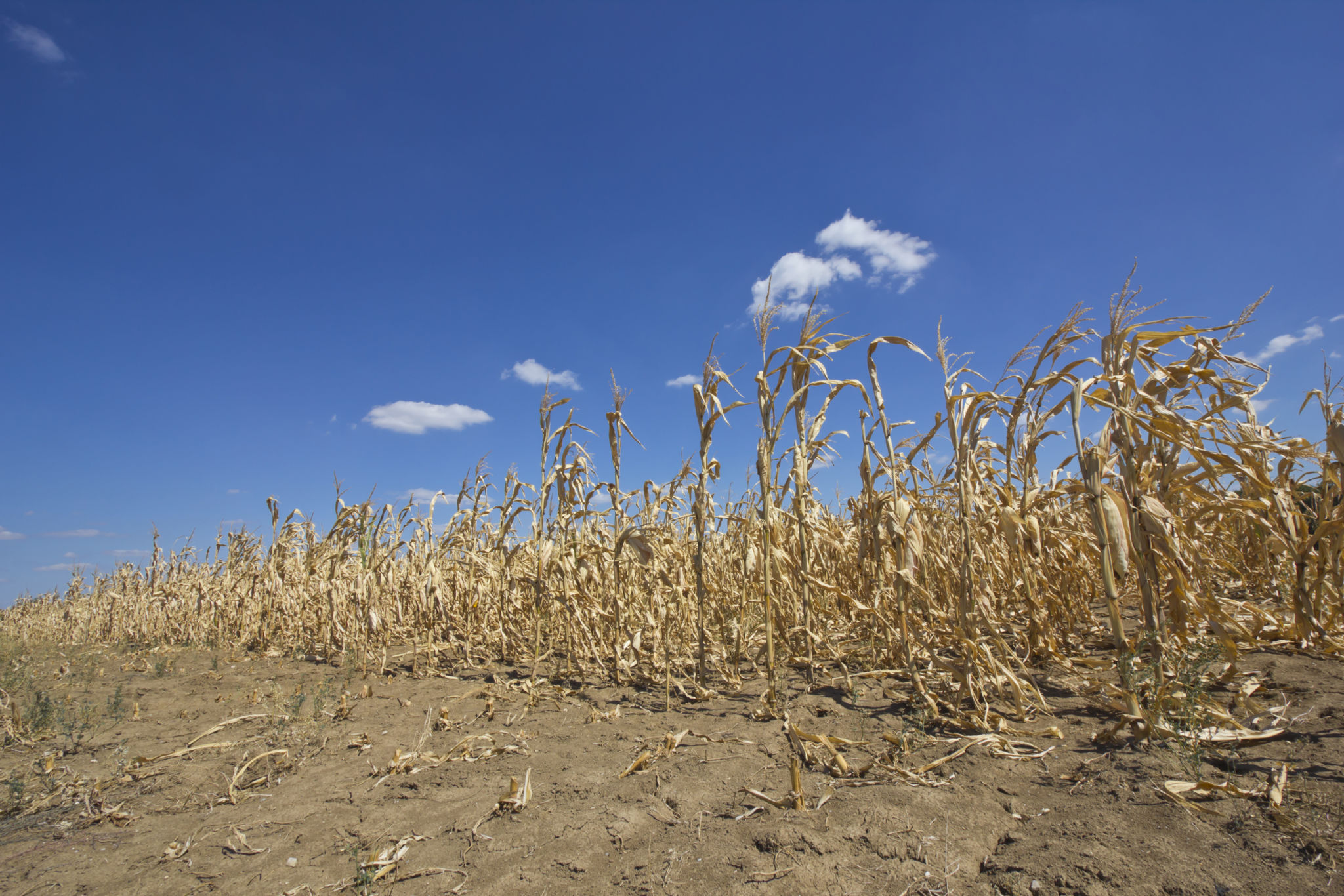How Farmers Are Mitigating Risks Caused by Climate Change
AY
Adapting Farming Practices to Mitigate Climate Change Risks
As climate change continues to escalate, its impacts on global agriculture are becoming ever more pronounced. The "2022 Global Climate Report" from NOAA National Centers for Environmental Information highlighted that each month in 2022 ranked among the ten warmest for their respective months, despite the cooling influence of the La Niña climate pattern in the tropical Pacific. This persistent warming trend, exacerbated by human activities, directly affects farmers who are increasingly confronted with unpredictable weather patterns, fluctuating temperatures, and changing precipitation levels. These shifts pose significant risks to crop yields, soil health, and water resources, which are vital to agricultural productivity.
With reports such as CBS News warning of a predicted 24% reduction in corn crop yields by 2030 due to climate change, it is clear that the agricultural sector must adapt to mitigate these risks. Farmers around the world are already feeling the pressure to evolve their practices and adopt new technologies to combat climate change. Below, we explore three critical strategies farmers are using to counteract the challenges of a changing climate and safeguard their livelihoods.

1. Developing Efficient Irrigation Management
Water is an essential resource for farming, and with rising global temperatures and increased evaporation rates, efficient water management is crucial for sustaining agricultural practices. As climate change leads to unpredictable rainfall patterns, farmers must adjust their irrigation methods to optimize water use and reduce energy consumption.
A significant portion of energy on farms is devoted to pumping groundwater for irrigation, which can exacerbate climate change by contributing to greenhouse gas emissions. According to Foodwise, adopting more sustainable irrigation practices, such as drip irrigation, cover crop planting, and dry farming, can help farmers conserve water, reduce energy use, and limit their carbon footprint. Drip irrigation, for instance, delivers water directly to plant roots, minimizing waste and ensuring more efficient water usage.
By adopting these resource-efficient practices, farmers can mitigate the adverse effects of climate change, reduce their reliance on fossil fuels, and safeguard the future viability of their operations.
2. Managing Soil Health to Combat Climate Change
Soil is one of the most vulnerable aspects of farming affected by climate change, with rising temperatures and changing precipitation patterns leading to erosion, reduced fertility, and other soil degradation issues. Addressing soil health is essential for maintaining productivity and resilience in the face of these challenges.
Carbon farming has emerged as a key practice in improving soil health and mitigating the effects of climate change. Through photosynthesis, plants absorb CO2 from the atmosphere and store it in the soil, enriching the soil with carbon and improving its structure. According to Foodwise, this process nourishes essential soil microorganisms, which in turn provide vital nutrients to plants, acting as natural fertilizers. The stored carbon also helps retain moisture in the soil, further improving crop resilience.
Farmers can also implement practices like crop rotation, minimal tillage, and organic farming to enhance soil structure and fertility, promoting long-term sustainability in the face of climate change. As soil health improves, so too does the farm's ability to withstand extreme weather events, such as droughts and floods.

3. Harnessing AI for Enhanced Farming Efficiency
Artificial intelligence (AI) is rapidly transforming farming practices, offering farmers new tools to manage risks and optimize their operations in the face of climate change. One example is the use of AI-powered tools like Agrocares' Nutrient Scanner, which helps farmers analyze soil, feed, and leaf tissue. These AI-driven technologies provide real-time assessments, offering farmers insights into soil quality and identifying nutrient deficiencies before they become major issues.
AI can also help farmers better predict weather patterns and optimize planting schedules, reducing the risk of crop loss due to extreme weather events. Moreover, AI can improve operational efficiency by automating repetitive tasks, analyzing data to predict crop yields, and even optimizing irrigation schedules to conserve water.
AI technologies also foster greater communication and collaboration among farmers. Platforms like ChatGPT 3.5, which offers free, professional responses to agricultural queries, allow farmers to access global information and share knowledge more easily, thus enhancing decision-making and productivity. By leveraging AI, farmers can better navigate the complexities of climate change while enhancing their overall farm efficiency.
Conclusion: Adapting to the Climate Challenge
With climate change now an undeniable reality, farmers must adapt their practices to mitigate its effects on agriculture. The risks posed by rising temperatures, fluctuating water availability, and degraded soil health are not to be taken lightly. However, through the adoption of efficient irrigation management, proactive soil health strategies, and the integration of AI technologies, farmers can safeguard their operations and contribute to global efforts in combating climate change.
As the agricultural sector continues to evolve, it will be crucial for farmers to embrace innovative approaches and technologies that enhance resilience, productivity, and sustainability. In doing so, they can ensure the future viability of their farms while contributing to the global fight against climate change.
References
Foodwise. (2022, October 30). 10 Ways Farmers Can Fight Climate Change. Retrieved from https://foodwise.org/articles/10-ways-farmers-can-fight-climate-change/
Hassanzadeh, E. (2023, August 14). As Climate Change Threatens Traditional Farming, Faribault Farm’s Aeroponic Method May Prove Key. CBS News. Retrieved from https://www.cbsnews.com/minnesota/news/aeroponic-farming-living-greens-farm-faribault-climate-change-water-conservation/
